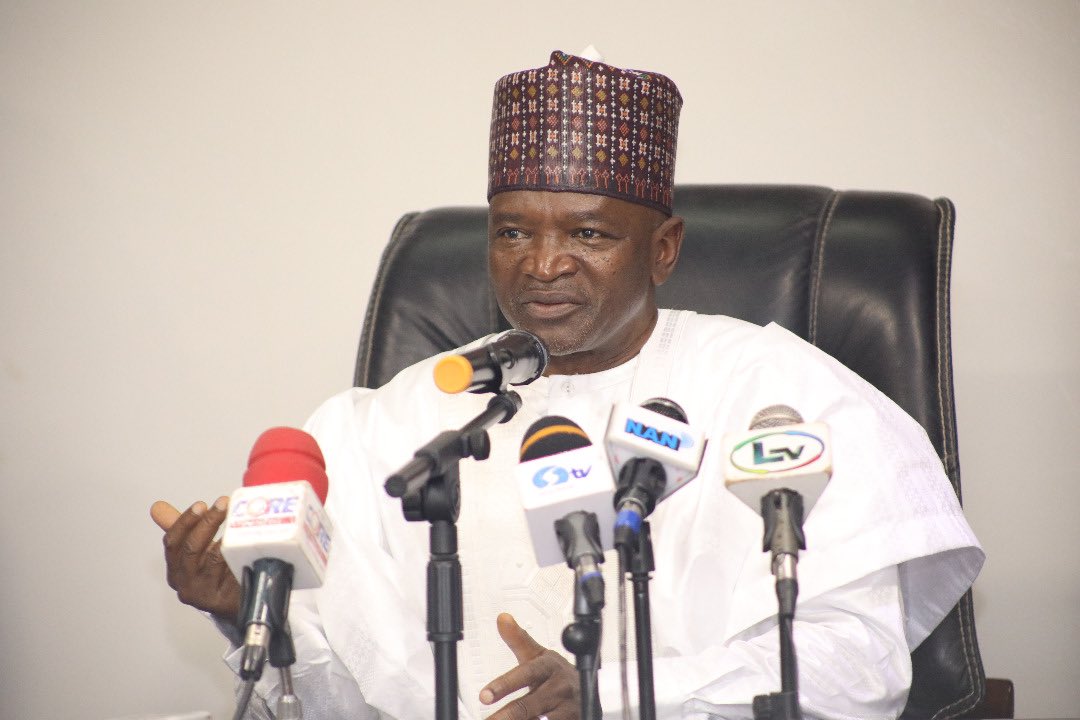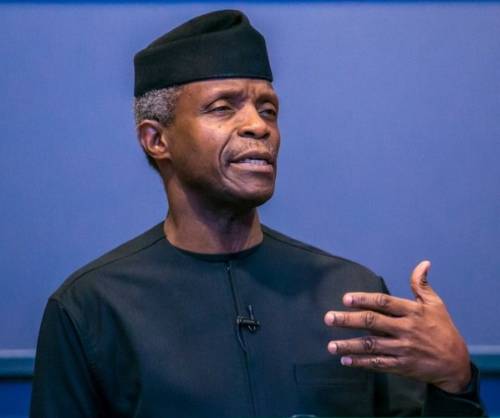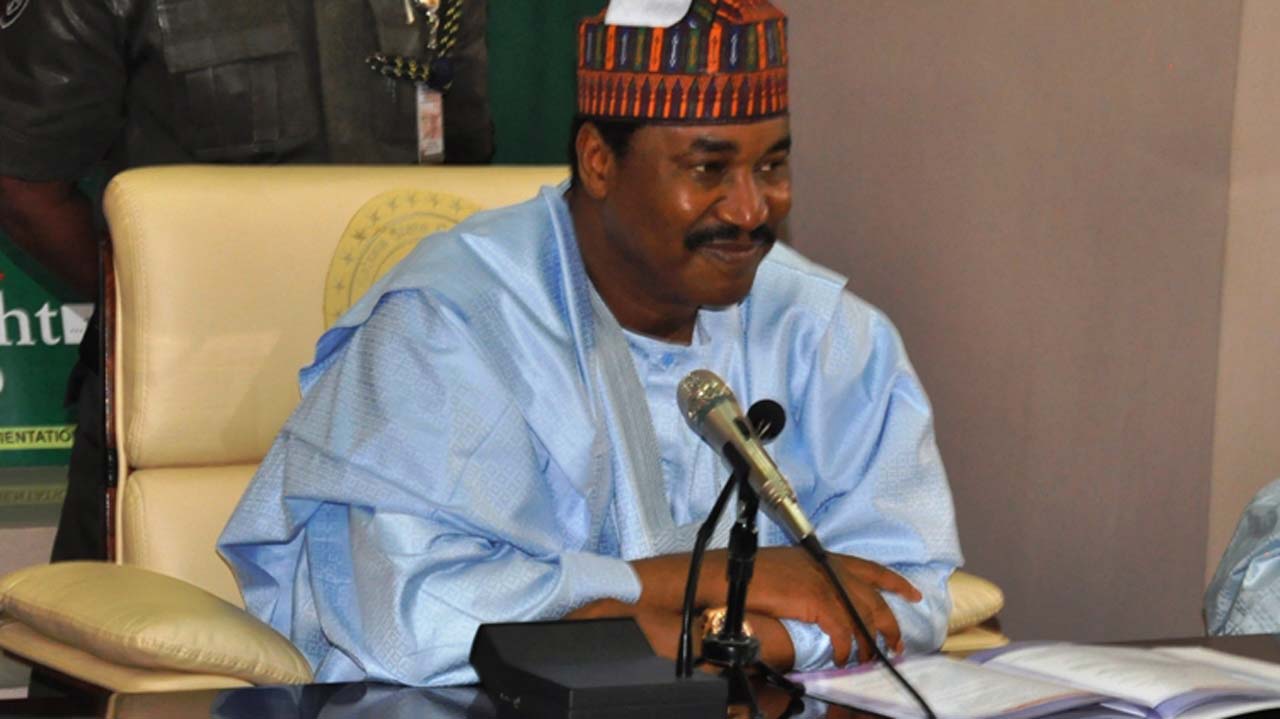Character and competence to guide Tinubu’s choices of appointees

Key points:
-
Make appointments based on integrity
-
Public office holders must be trusted by the people
-
President Tinubu should select trustworthy and competent persons.
-
Trust is earned through character
-
The president should lead by example
By Umar Ardo, Ph.D
“Look for 3 things in a person – intelligence, energy and integrity. If they don’t have the last one, don’t bother with the first two”.
The above quotation comes from Warren Edward Buffet, an American business magnet, investor, speaker and philanthropist who is reputed to be the fourth richest man in the world. A member of the United States Democratic Party, Buffet insists that the number one trait to look for in selecting a public servant is integrity, which he places over and above all other qualities. And integrity, he says, is about choosing one’s thoughts and actions based on values rather than personal gains. This, therefore, means that integrity is fundamentally a function of character.
But Warren Buffet only validates one aspect of the time-tested historical trend in leadership selection – i.e. character! The other aspect is competence. Warren might have added, “when you get the 3rd then look for the first two”. For all through history, the two most essential ingredients for selecting good public servants have always been character and competence. Although other ingredients such as loyalty, energy, empathy, knowledge and intelligence are frequently mentioned, these traits are all too often really subordinate aspects of character and competence. Encarta English Dictionary defines character as a set of behavioural qualities that make a person distinctively attractive; and defines competence as the quality of being capable and fit, with adequate or enough skills and ability to perform a task. Other qualities are listed as humility, courage, generosity and forthrightness.
The number one trait to look for in selecting a public servant is integrity
These are basically essential aspects of character, which Dwight Eisenhower, the 30th president of the USA, described as “the supreme quality for leadership”, without which no man is fit for public service. Because public servants hold not just the lives of people they serve but even determine the destiny of society, it is supremely important that people trust those who are put in public offices. And trust is earned through character. This therefore goes to suggest that the insight for good public leadership depends on the virtue and character of the individual; while the bases for effective public service is typically acquired through study, tutelage and experience.
As we all sometimes in our affairs experience, it is always frustrating, disappointing and annoying if people betrayed the trust we put in them, or proved incompetent in the task entrusted to them; it is even worse if these people are elected or appointed public figures who cook up phantom political expediencies as justification for their personal character flaws and inabilities.
A fundamental flaw of character is dishonesty. This can come in several forms. For example, a person who cheats, or condones cheating; or a person who cuts corners in executing an affair with the intention of depriving someone else of their rightful claim to something so that the executioner will have all or more than his fair share of it can rightly be adjudged as dishonest. A person who is given public trust or holds a public office and leverages on that office to increase his personal benefit and wealth, or of his kith and kin, against public interest, or to gain undue advantage for himself, or for his kith and kin, over others, can also be categorized as dishonest. In other words, the person is corrupt; for corruption is also defined as a deliberate alteration or distortion of a rule with ultimate negative effect to a system.
Dishonesty can similarly come in a form of deceit – that is a person who portrays himself to another person or people what he actually is not with the intention to get something which otherwise he wouldn’t have gotten if the truth of him or of his ability is known. Such a person too can be listed as dishonest. Furthermore, as Winston Churchill, a foremost Prime Minister of the United Kingdom, once remarked, even though the pursuit of power with the capacity and in the desire to exercise it worthily is among the noblest of human callings, still a person who seeks power for the sake of lording it over fellow creatures or adding to personal pomp can also be rightly adjudged as dishonest. In other words, a dishonest person cheats, manipulates, deceives, lies and/or hides his true intentions and ability, whatever the person does is aimed or meant to deceive, defraud, or trick people with the intention to serve a selfish end.
There must be a collective willingness to make sacrifices
When these flaws ultimately become open and known to the other person, or to society, then that person loses his integrity and becomes a person of lowly character. Automatically, his behaviour and failure become morally repugnant and liable to make him lose respect of others. He will also be viewed as a dishonourable and unjust person, and concomitantly loses the trust of the other person or of society. This person cannot therefore distinctively be trusted with or selected to a position of public leadership.
Against this backdrop, therefore, as President Bola Tinubu prepares to appoint key members of his cabinet to lead the affairs of his government for the next four years and determine what happens to the present and future generations of the country, it is cardinal that he selects trustworthy and competent persons. And, as earlier said, trust is earned through character. In other words, it is supremely important that the president bases his choices on the strength of character and demonstrable competence of those he selects. Having experienced several disappointments from public appointees, especially in recent times, resulting in the betrayal of trust of the people and the leadership that put them into office, and responsible for the current state failure, it is critical that President Tinubu develops a discernible enthusiasm for change in the selection of persons to be given public responsibilities for the country. In the 2023-2027 term of office, the president must demonstrate a resolve either to rebuild or finally destroy the country by the standard he employs to select those to run the affairs of his national government. The president must change the dysfunctional method and system of selecting the nation’s appointees for public offices to prevent getting men (and women) of lowly character and poor ability to superintend over the country’s public institutions.
As the universal dictum goes, honesty is the best policy. Having been disappointed by the outcome of previous choices, henceforth the president must see clearly, like other leaders of the civilized world, the essential role of personal forces in shaping destinies of nations and societies. So, faced with the dire challenge of rebuilding a failed state, the president must refuse to be misguided by sentiments, emotions or selfish interests, or by mediocrity and sycophancy, which have been the bane of the problem at hand, but must go on headlong to select persons based on their strength of character and competence in the sure belief that it is only such that can bring positive change to his government and to the lives of the people.
As Nigerian leaders had in the distant past selected public appointees on account of character and competence against sentiments, emotions or monetary considerations, President Tinubu must be determined to attain such a feat now so as to revive values of personal character and competence as bases for effective public service in the country henceforth. To this end, there must be a collective willingness to make sacrifices. On the one hand, the president must not only be willing to lead by sacrifice but must also be seen sacrificing; and on the other hand his appointees must also be seen to be like the proverbial wife of Ceaser – they must be seen to be above suspicion! To me, this is the best, and probably the only, way of regaining the lost public confidence in our leadership, which is critical, if his regime is to succeed in the onerous task of rebuilding the country.
The Insight Report
Nigeria Coverage



